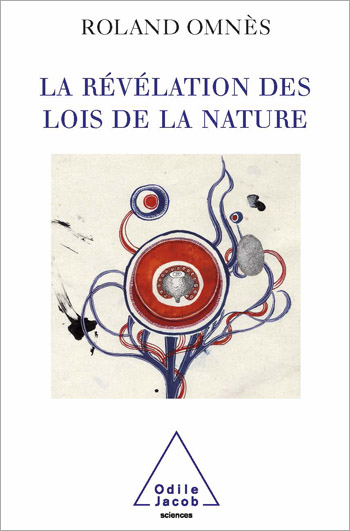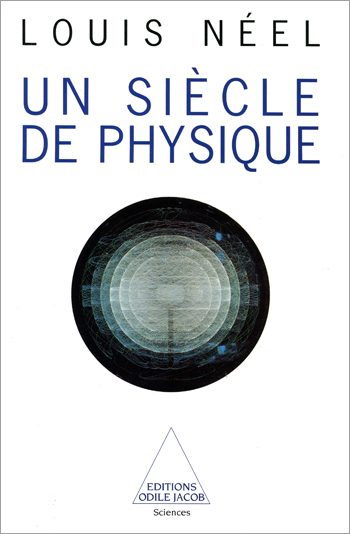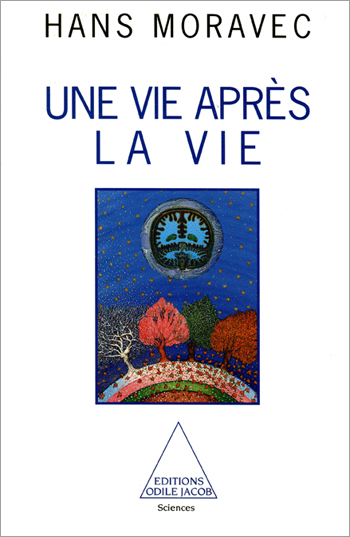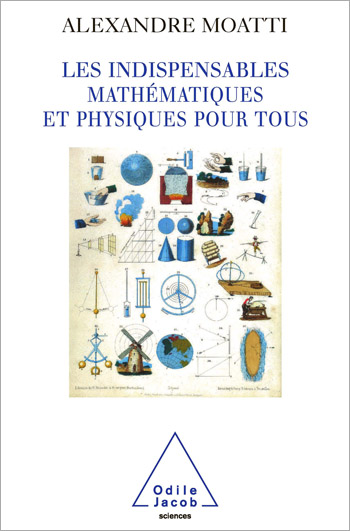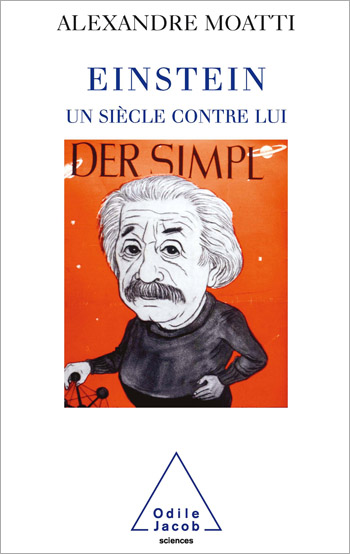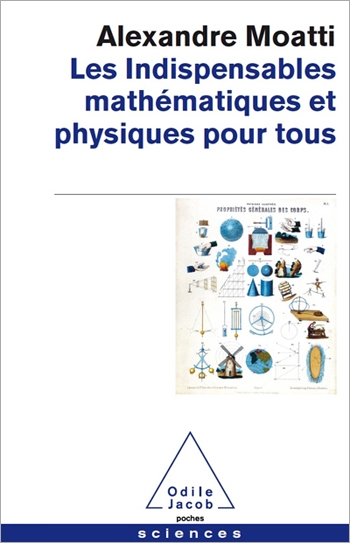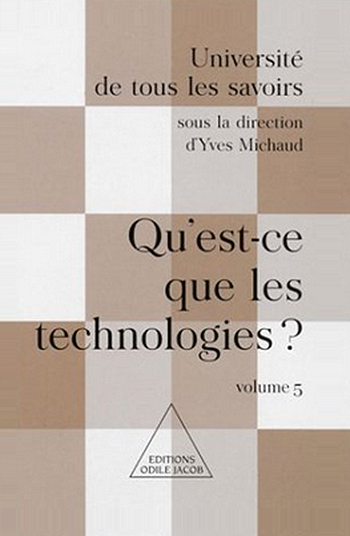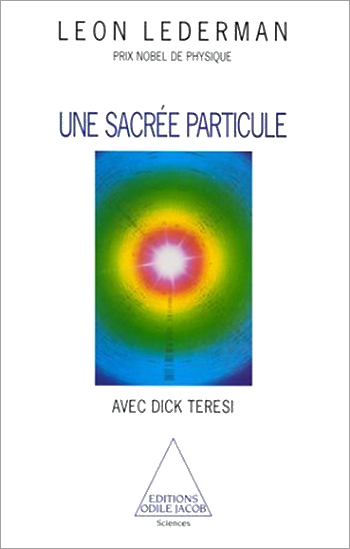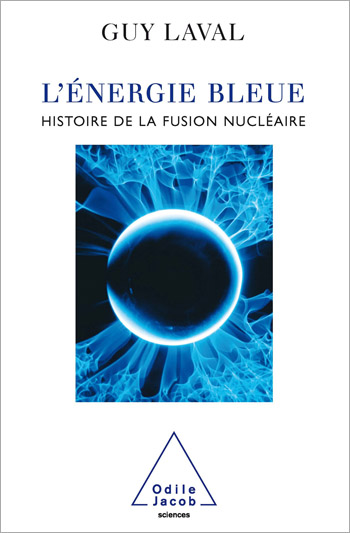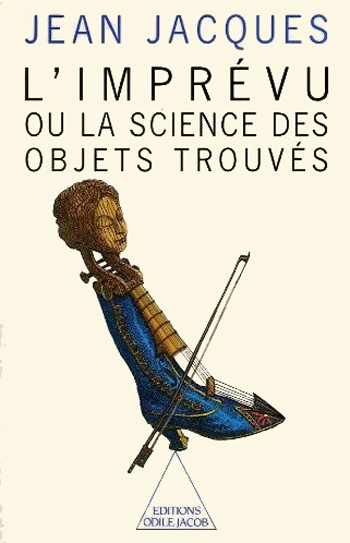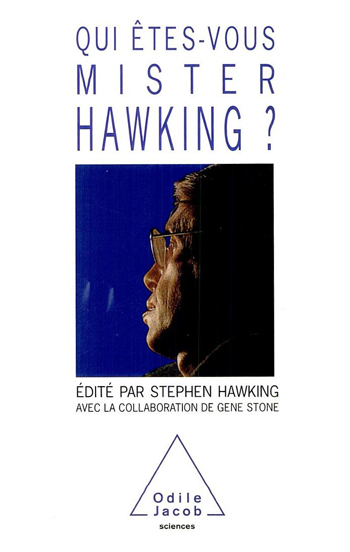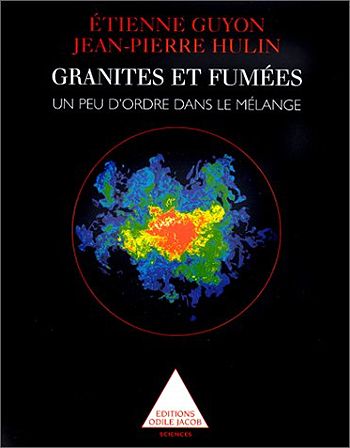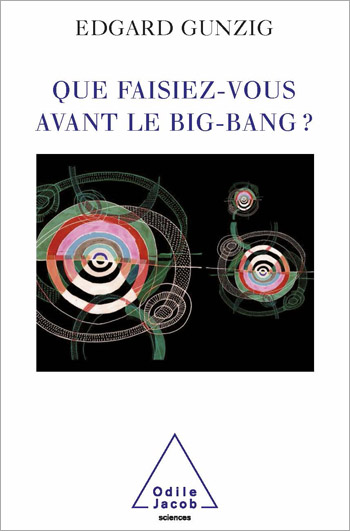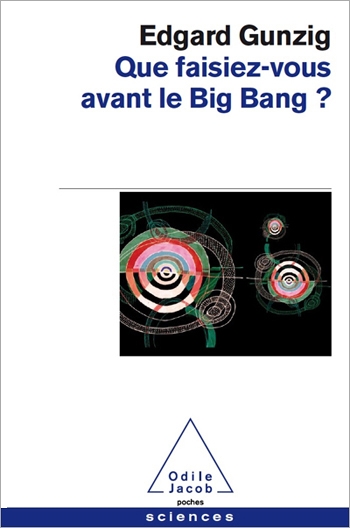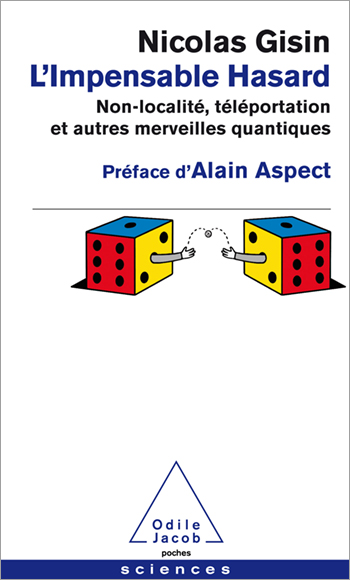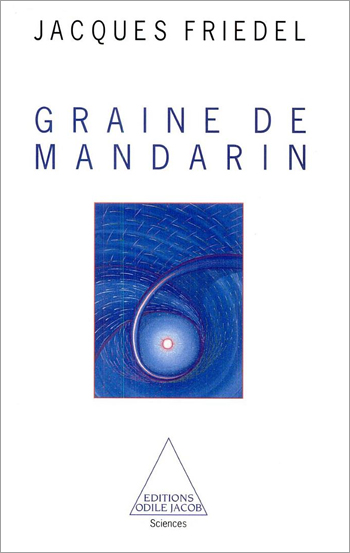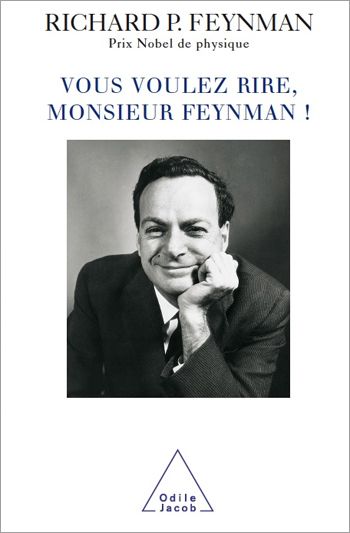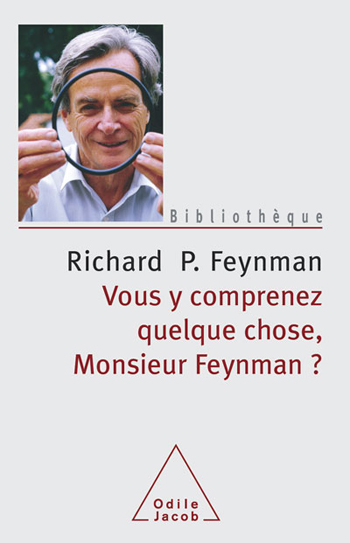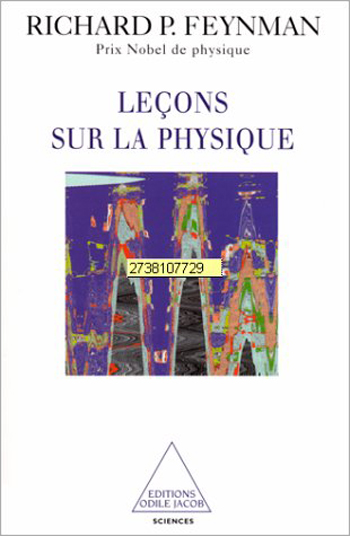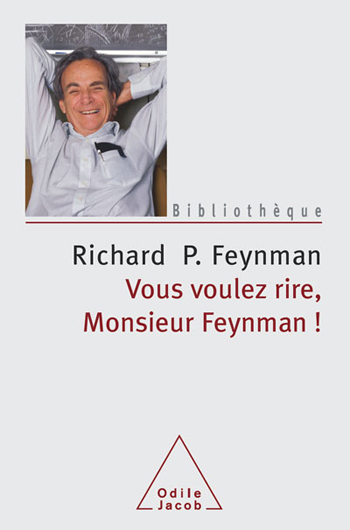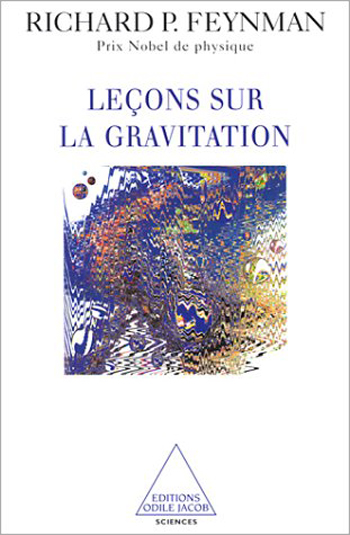Physics, Chemistry All books
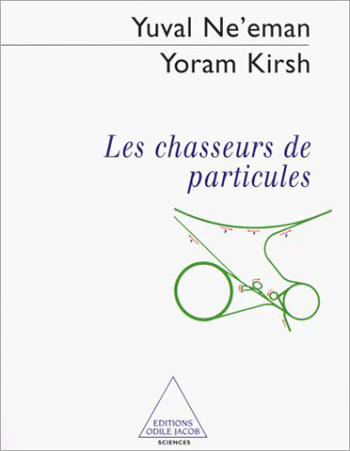
Yuval Ne'eman, Yoram Kirsh
The Particle Hunters
In this book, Yuval Neeman and Yoram Kirsh recount the story of particle physics in the twentieth century. They explain how physicists first discovered the various levels of the atom and then tried to describe its structure, culminating in the most recent "standard model". Assuming that the readers knowledge of physics is limited to basic notions such as energy, mass, and electrical charge, the authors explain the theory of relativity and the fundamental principles of quantum mechanics, which have guided physicists in their search for the ultimate particles of matter. Yuval Neeman teaches theoretical physics at the University of Tel Aviv. Yoram Kirsh teaches physics at the Open University of Israel.
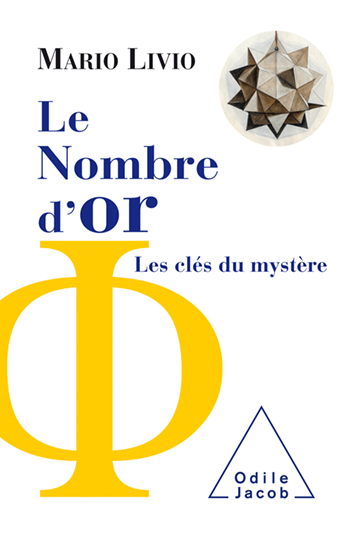
Mario Livio
The Golden Ratio: The Story of PHI, the World's Most Astonishing Number A mathematical myth
The Golden Ratio is a captivating journey through art and architecture, botany and biology, physics and mathematics.
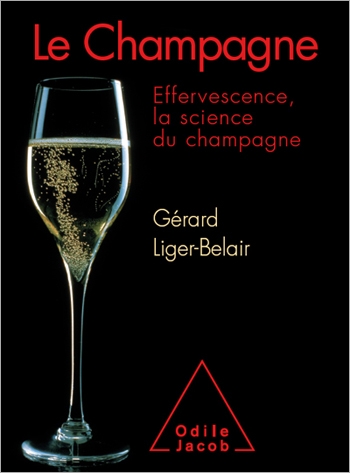
Gérard Liger-Belair
The Science of Champagne
In this fascinating book, Gérard Liger-Belair delves into the inner workings of champagne and pierces its mysteries...
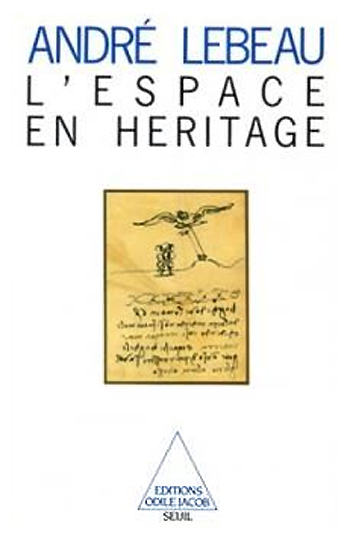
André Lebeau
The Space Legacy
Man has begun to realize one of his most ancient dreams: to overcome gravity, to conquer space, to explore the universe. André Lebeau sheds light on some of the stakes of this quest. By examining the logic of evolution which drives us to explore, and then to occupy, discovered continents, Lebeau traces the perspectives that the possible colonization of outer space opens to humanity. In so doing, he offers a new viewpoint on the dynamics of scientific and technological progress.
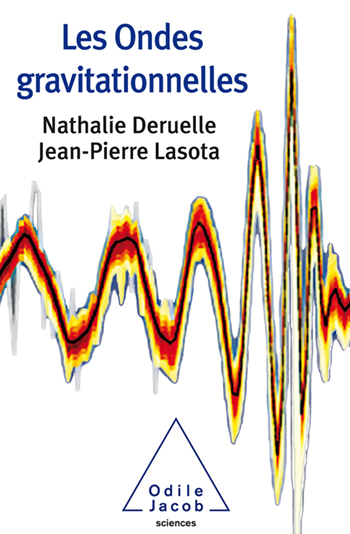
Nathalie Deruelle, Jean-Pierre Lasota
Gravitational Waves
An extraordinary, theoretical, and experimental saga told by two of the protagonists, or how a purely theoretical notion became a physical reality. A revolution: telescopes now observe in gravitational waves also! Astronomy of the future will be gravitational.
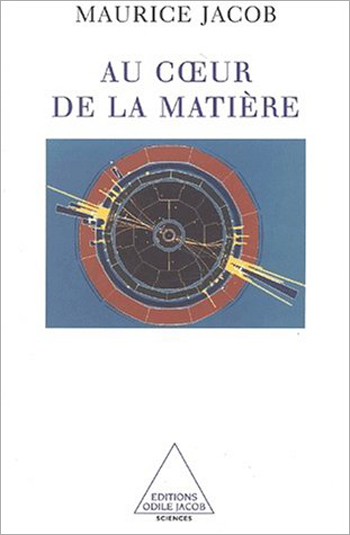
Maurice Jacob
At the Heart of the Matter
The study of elementary particle physics and high energies, undertaken in huge laboratories such as the accelerators of Stanford, Chicago, Brookhaven, CERN at Geneva, and Dubna et Serpukhov near Moscow, is one of the most astonishing scientific feats of the last half century. The field not only allows us to understand the composition of matter and the origin and evolution of the universe, but also helps prevent these scientific instruments being used as weapons of war. The Pugwash conferences, held between scientists of the East and West, won a Nobel Prize for this very reason. Maurice Jacob, the honorary director of the division of theoretical physics at CERN, recounts in this book how these objectives have been achieved. Maurice Jacob is a theoretical physician of elementary particles.
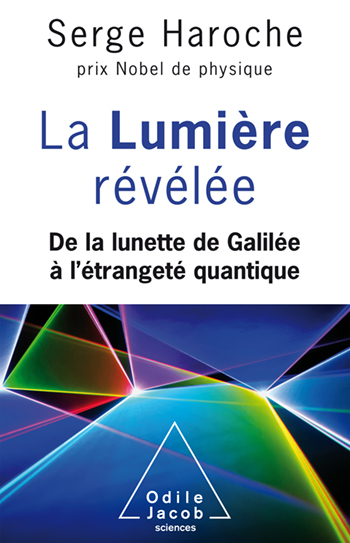
Serge Haroche
The light revealed
The is a scientific biography and history of what we know about light, including current advancements in the field, in which Serge Haroche has played a major role.
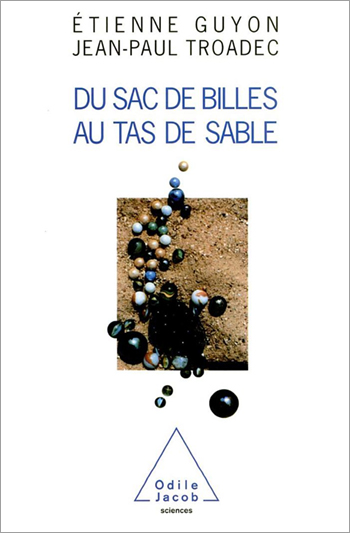
Étienne Guyon, Jean-Paul Troadec
From a Bag of Marbles to a Heap of Sand
Why don't sand dunes collapse? How does sand flow in an hourglass? How is it possible to empty a silo of all its wheat? What's a ceramic? The answer to all these questions can be found in the science of the complex organizations of matter, a science which is pluridisciplinary. Étienne Guyon, head of the École Normale Supérieure, and Jean-Paul Troadec, a researcher, present the characteristics of grain matter, the rules by which it is organized (in both crystal and fluid) as well as its movements (in silos as in avalanches).
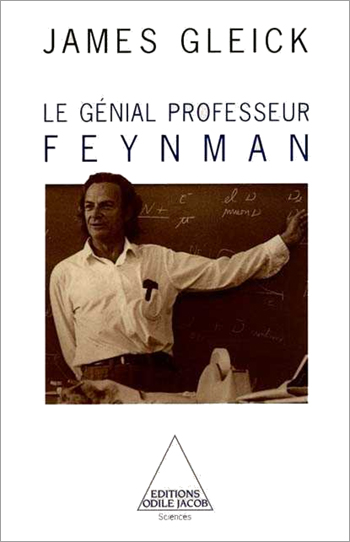
James Gleick
Genius: Richard Feynman and Modern Physics
Richard Feynman, Nobel Prize winner for his work on the description and calculation of interactions between particles, was a genius of our time. Quantum physics theoretician, enfant terrible of the Manhattan project and ascerbic critic of the investigative committee of the American space shuttle, Feynman left a profound impression on modern physics. James Gleick, a former journalist at The New York Times and author of the best-selling Chaos Theory, tells how Feynman's ideas were formed and how he reinvented particle physics. Through this portrait, Gleick explores the nature of genius itself and provides insight about the fascination that it engenders.
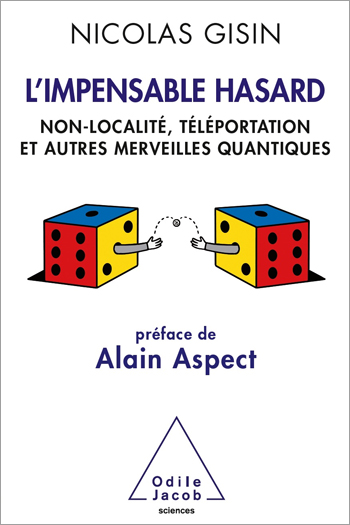
Nicolas Gisin
Unthinkable Randomness Non-Locality, Teleportation and Other Quantum Wonders
An indispensable book to finally understand the fascinating world of quantum physics

Étienne Ghys
Snowflakes: A Wonder of Nature
An introduction to the science of crystals within the reach of non-specialists, with a very clear introduction to the physical and mathematical aspects of the subject.

